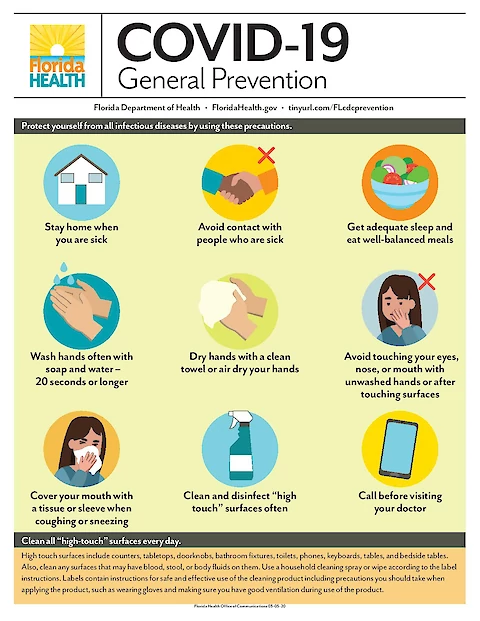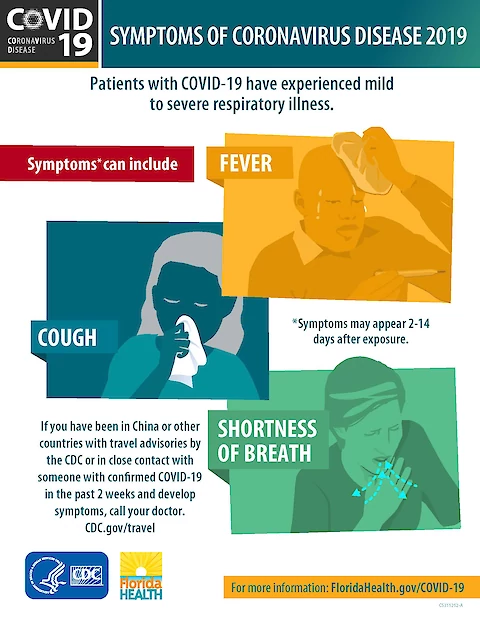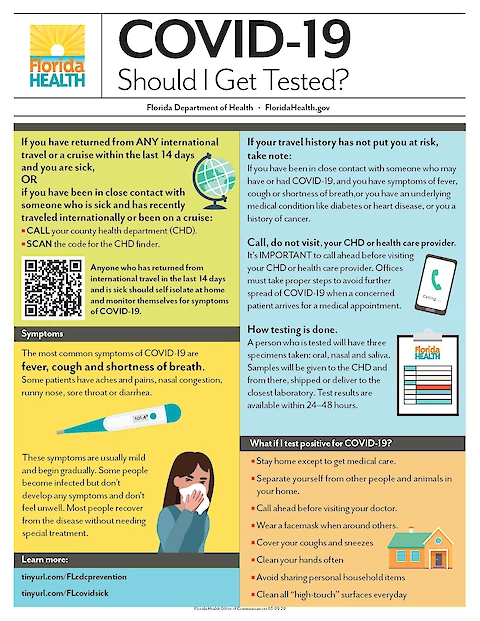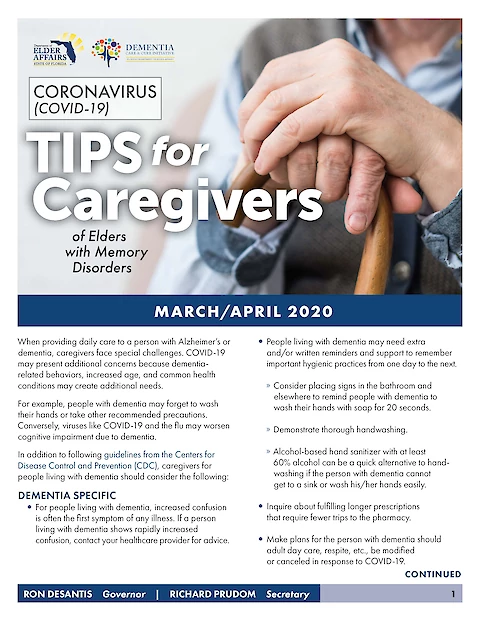Senior Helpers in Sun City Center is actively monitoring the progression of the Coronavirus, COVID-19, to ensure that we have the most accurate and latest information to share with our clients, caregivers and families. As you know, this situation continues to develop rapidly as new cases are identified and our protocols will be adjusted as needed.
While most cases of COVID-19 are mild, causing only fever and cough, a small percentage of cases become severe and may progress particularly in the elder population as well as in people with underlying medical conditions. Because this is the primary population that Senior Helpers serves, we understand your concerns and want to share with you how our organization is responding to the threat of COVID-19 and some tips and resources to help you stay healthy.
We are following updates and procedures from the Centers for Disease Control (CDC), Occupational Safety and Health Administration (OSHA), Florida Department of Health, local and county authorities, the Home Care Association of America and other agencies and resources. Our response and plans may adjust according to the recommendations from these organizations. Based on updates and procedures from these sources and our internal protocols, the following information is intended to keep you informed and help you and your family take measures to limit your exposure to the virus.



